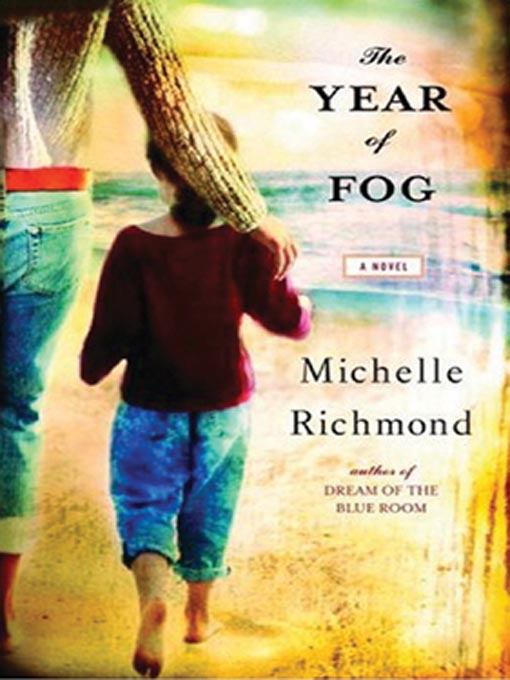The Mercury News lost some of its best reporters today as its new owner, Media News, continued its desperate slash of costs. Twenty-three reporters and editors are leaving, most involuntarily, although some took a buyout. Look for a much thinner paper and many more unnoticed shenanigans.
I haven’t worked at the Mercury in nine years so I don’t know all those who are leaving, but there are a few who were let go whose work has consistently been outstanding.
Barry Witt, for example, broke more hard-hitting stories than most everyone, including the news that Alameda County had vastly overpaid to lure the Raiders to Oakland.
Carolyn Jung has been a food writer and the food section editor and consistently made the section interesting.
Lisa Chung was a columnist, metro reporter, and editor and a visible face of the paper.
Sue Hutchinson’s column held prime real estate in the paper for years. She was nimble with words and wrote about an astonishing variety of topics.
A few veterans took buyouts, including Steve Wright, the editorial page editor (and my former editor) and Rebecca Salner, the assistant managing editor of business. They both had been at the paper for almost 20 years.
These people were assets to the newsroom. It’s a crime they will no longer be part of this news-gathering operation. In protest, Charles Matthews, a former Merc reporter, cancelled his subscription to the paper today. Read his reasons.
Here’s the list:
Layoffs
Lisa Chung, Metro feature writer, ex-columnist
Steve Chae, Library
Katherine Conrad, commercial real estate reporter
Barbara Egbert, copy editor
Barb Feder, medical writer
Dennis Georgatos, 49ers beat writer
Elizabeth Goodspeed, features designer
Joanne HoYoung Lee, photographer
Carolyn Jung, food columnist
Dave Kiefer, sports writer
Thu Ly, photographer
Mike Martinez, travel writer
Erik Olvera, Metro reporter
Connie Skipitares, metro reporter
Barry Witt, Metro reporter
Buyouts
Alvie Lindsay, state bureau chief
Matt Mansfield, deputy managing editor
Pam Moreland , features editor
Rebecca Salner, AME of Business
Steve Wright, head of editorial pages
Voluntary departures
Sue Hutchison, features columnist
Julie Kaufmann, food editor
Levi Sumagaysay, assistant Business editor


